Irritable Bowel Syndrome is not only common among humans but also among animals particularly cats. Basically, the IBS that is experienced by people is the same type that cats also feel.
The Irritable Bowel Syndrome among cats is the same gastrointestinal disorder that is also felt by human. The large and/or small intestines are also affected. IBS in cats usually affects the contractions of the digestive tract resulting to irregular bowel movement. Aside from that, IBS also interferes with the normal distribution of food and waste material inside the cat's body resulting to the accumulation of toxins and mucus in the cat's intestines.
These accumulated toxins often obstruct the normal function of the digestive tract. In the process gas and stool are trapped causing bloating, constipation and distention. It is also surprising to note that the same IBS factors in human have been identified to cause the same effects among cats. Factors causing IBS such as stress, overuse of antibiotics, poor eating habits, bacterial, and viral infection, parasites and food allergies were found to affect cats as well.
Likewise, a blockage is also very common among cats since they love to chew as well as swallow objects. This too can trigger IBS symptoms.
Symptoms of Irritable Bowel Syndrome in Cats
It would be surprising to note that cats and humans exhibit the same Irritable Bowel Syndrome symptoms. And here are some of them:
- Constipation among cats is just like in humans. It is also exhibited by hard, small, pebble-like stools, which make bowel movement very difficult.
- Diarrhea is a more frequent bowel movement wherein the stool is often soft and watery. Cats with IBS usually experience successive loose bowel movement alternating with constipation.
- Abdominal pain is also common among cats with IBS. The pain can range from mild to severe.
- The presence of mucus in the stool is also a common sign of IBS.
- Another symptom of IBS that may be observed in cats is vomiting and nausea.
- Gas pain or flatulence is also an indication of IBS in cats
- Bloating
- Intolerance to certain types of foods
- Anorexia which most of you may think is only common to us human but surprisingly is also exhibited by our feline friends.
Treating Your Cat's Irritable Bowel Syndrome
Since Irritable Bowel Syndrome involves many factors, it is very important that you have your cats examined by a veterinarian. This way you will know what's triggering IBS symptoms in your pet cats. In case you prefer to apply natural methods in controlling your pet's IBS symptoms still it is better to consult first a veterinarian before applying any type of IBS treatment to your cat to avoid further complications.
A change in your cat's diet is also a good way to control Irritable Bowel syndrome. However make sure that you consult a veterinarian or a nutritionist to provide your cat with a personalized diet and program.
Feeding your cat with the right type of food is still the best way to control your cat's Irritable Bowel Syndrome. Cats like humans prefer different types of foods. There are some cats that like eating raw food while there are some that prefers home cooking or canned food.
It is very important that you try to experiment with foods that work for your cat. If you can keep a food journal in which you can jot down foods that your cat needs to avoid then so much the better. This will guide you on the proper food to give your cat and in turn keeps IBS symptoms in control.

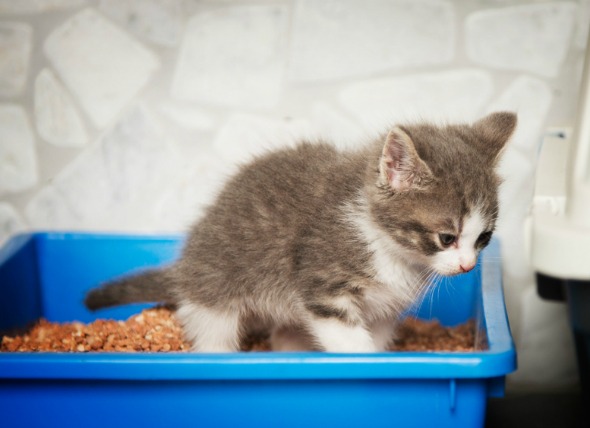 Parasitic Diarrhea (Giardiasis) in Cats
Giardiasis in Cats
Giardiasis is a medical condit
Parasitic Diarrhea (Giardiasis) in Cats
Giardiasis in Cats
Giardiasis is a medical condit
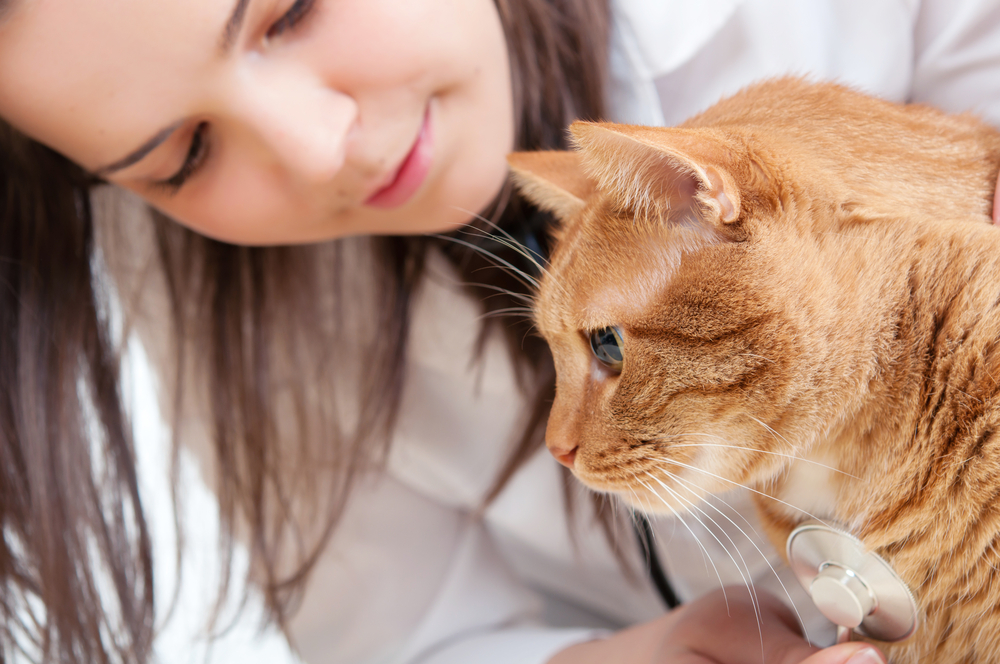 Chest Bone Deformity in Cats
Pectus Excavatum in Cats
The sternum, or chest bo
Chest Bone Deformity in Cats
Pectus Excavatum in Cats
The sternum, or chest bo
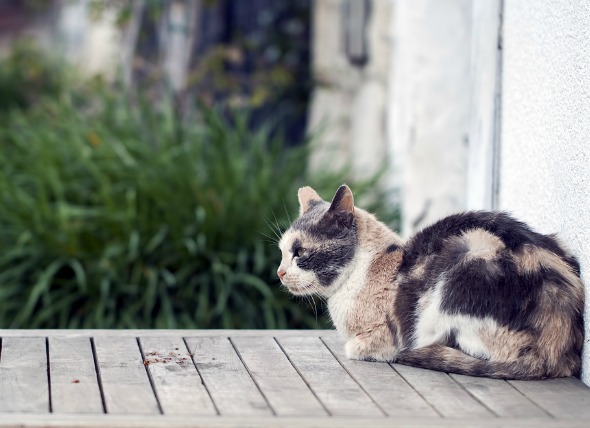 Skin Mite Dermatitis in Cats
Cheyletiellosis in Cats
An infestation of the Che
Skin Mite Dermatitis in Cats
Cheyletiellosis in Cats
An infestation of the Che
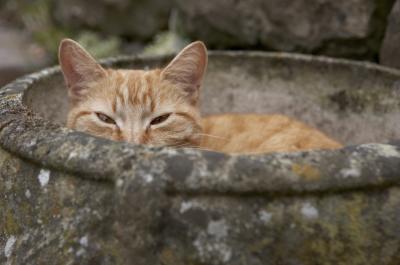 What Will Repel a Cat?
What Will Repel a Cat?
What Will Repel
What Will Repel a Cat?
What Will Repel a Cat?
What Will Repel
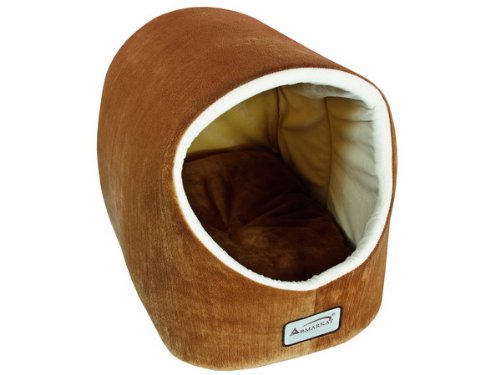 Tabby Cats as Family Pets
Who has not had the experien
Tabby Cats as Family Pets
Who has not had the experien